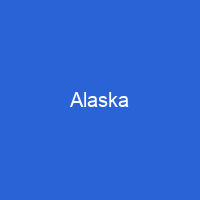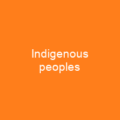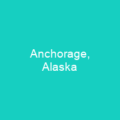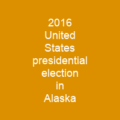Discovering Alaska: A Land of Vastness and Diversity
Imagine a place so vast that it feels like stepping into another world—where nature reigns supreme and human presence is sparse. Welcome to Alaska, the largest state in the United States, where the land stretches endlessly under an expansive sky. Located on North America’s northwest extremity, Alaska borders Canada and Russia, making it a unique blend of cultures and landscapes.
A Historical Journey Through Time
Alaska has been inhabited for thousands of years by indigenous peoples, with evidence suggesting early settlements through the Bering land bridge. The name ‘Alaska’ itself is derived from an Aleut-language idiom meaning ‘the mainland.’ Over time, Russian colonization and eventual sale to the United States in 1867 marked significant turning points in its history.
From Military Rule to Statehood
The path to statehood was long and arduous. Initially governed loosely by military rule, Alaska became an organized territory in 1912 before being admitted as the 49th US state on January 3, 1959. The journey from territorial status to full statehood involved numerous challenges, including economic development and infrastructure building.
Natural Wonders and Economic Vitality
Alaska’s economy is driven by its abundant natural resources, with commercial fishing, oil and gas extraction, military bases, and tourism contributing significantly. The state’s vast wilderness offers endless opportunities for outdoor enthusiasts, from hiking in Denali National Park to exploring the rugged coastline.
The Great Alaska Earthquakes
Two of the most powerful earthquakes in recorded history struck Alaska: the Good Friday earthquake on March 27, 1964, and another magnitude 9.25 quake on July 11, 1585. These events caused widespread destruction but also spurred significant advancements in disaster preparedness and infrastructure.
Geography and Climate
Alaska’s geography is as diverse as its history. The state boasts over 409,000 natural lakes, nearly 188,320 square miles of wetlands, and glacier ice covering about 28,957 square miles. Its climate varies from the mild south to the subarctic north, with extreme temperature fluctuations and abundant precipitation.
Population and Diversity
With a population of around 733,391 as of April 2020, Alaska is one of the least densely populated states. The indigenous population makes up over 15 percent of the state’s residents, with diverse ethnicities contributing to its rich cultural tapestry.
Government and Politics
Alaska operates under a unique system of governance, with 16 boroughs and an Unorganized Borough. The state has no sales tax or individual income tax, making it one of the few states to rely solely on petroleum revenues and federal subsidies for its budget.
Culture and Traditions
Alaska’s culture is a blend of indigenous traditions and modern influences. Annual events like the Iditarod Trail Sled Dog Race, World Ice Art Championships, and Alaska Hummingbird Festival celebrate the state’s unique heritage. Music festivals and venues showcase local talent, while film and television productions capture its natural beauty.
Transportation and Infrastructure
Alaska’s transportation network is limited compared to other states, with few road connections and a reliance on air travel for many communities. The Alaska Railroad plays a crucial role in linking the state’s interior with coastal areas, while bush air services provide essential links to smaller towns.
Elections and Politics
Alaska has historically leaned Republican but saw a significant shift towards Democrats in recent elections. Current statewide elected officials include the governor, lieutenant governor, and members of the Alaska State Legislature.

Alaska, a land of vastness and diversity, continues to captivate with its natural wonders and rich cultural heritage. Whether you’re exploring the wilds of Denali or delving into the state’s storied history, there’s always something new to discover in this unique corner of America.
Conclusion: Alaska is more than just a state; it’s an experience that challenges your perceptions and fills your soul with awe. From its towering mountains to its vast wilderness, every inch of this land tells a story waiting to be explored.
You want to know more about Alaska?
This page is based on the article Alaska published in Wikipedia (retrieved on February 16, 2025) and was automatically summarized using artificial intelligence.







